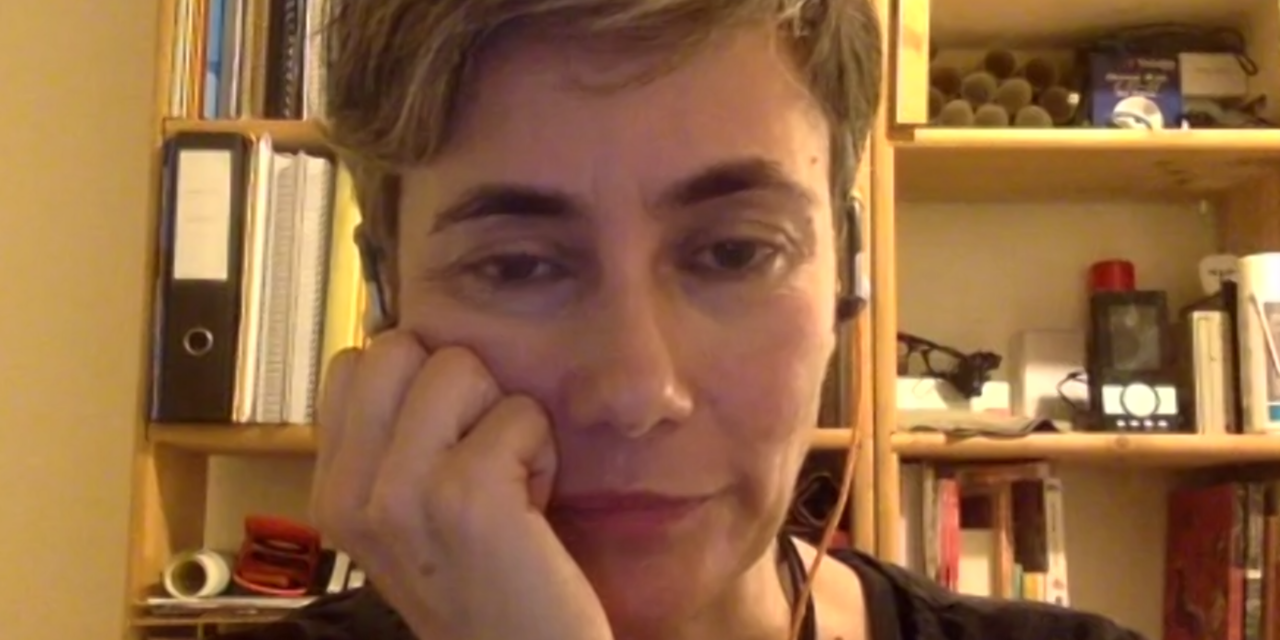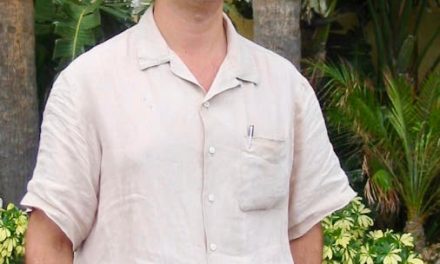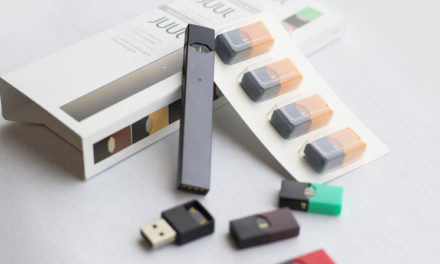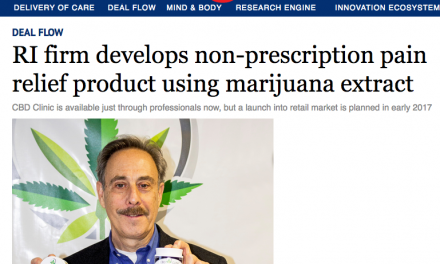At the conclusion of her 9/9/18 zoom presentation to the Society of Cannabis Clinicians, cancer researcher Cristina Sanchez succinctly outlined her lab’s research agenda. Then she advised the doctors how to proceed:
“We can also generate a lot of useful information from observational studies. This is a message for you physicians, for you guys that are already treating patients. You have to collect that information as rigorously and professionaly as possible [and] to transform those data into dose graphs that convince the rest of the medical community that we are using a tool that is effective and safe for our patients.”
What follows is an article by Drs. Jeffrey Hergenrather, Frank Lucido, and Tod Mikuriya from O’Shaughnessy’s Spring 2004, “Cannabis Specialists Agree on Health History Questionnaire.” The authors recognized that asking identical questions of patients was a prerequisite to aggregating physicians’ data in a professional manner. But their colleagues in the group now called the SCC continued to use their own tried-and-true intake forms. Publishing the piece by Hergenrather et al was wishful thinking on my part —as if reporting on a unified questionnaire would make it happen.
Jeff Hergenrather, Tod Mikuriya and Frank Lucido of the California Cannabis Research Medical Group have developed a questionnaire for patients that elicits extensive information about cannabis use.
The three physicians have submitted an abstract to the International Cannabinoid Research Society and hope to make a presentation at the ICRS meeting to be held this summer in Naples, Italy.
Here is the abstract, as drafted by Hergenrather. [“ICD” stands for “International Classification of Disease.”]
Pre-1937 citations in the medical literature for cannabis treated conditions include 28 codeable diagnoses among them chronic pain, neurodegenerative diseases, seizure disorders, mental disorders, drug and alcohol dependence, cerebral palsy, migraine, colitis, gastritis, premenstrual syndrome, arthritis, (rheumatoid, degenerative and post-traumatic), nausea, anorexia and insomnia.
Since 1996 these earlier cited conditions and more than 100 other ICD-9 codeable conditions have been encountered by California physicians in the evaluations of patients presenting for medicinal cannabis use. There are >30,000 patients followed by the physician members of the California Cannabis Research Medical Group, CCRMG.It has been the resolve of this group to develop a comprehensive health history questionnaire and data entry program to build a research database, further knowledge of cannabis therapeutics, and identify a patient population for future approved cannabis research.
Health history forms were collected from physicians who are evaluating patients with serious medical conditions for cannabis use. Information from 10 physicians’ intake forms were collated and edited into the present document, The Health History Questionnaire (HHQ).
It was then circulated among the contributing physicians for further discussion. A few considered the form to be excessively long and more subject to inaccurate responses. For other physicians the form was fully adopted or used to modify their existing documents. Subsequently, a data entry program was designed to mirror the HHQ content and assign an identity to each question to facilitate future modifications in the questionnaire. The HHQ and data entry software are now available for those who wish to use them.
Because there is no requirement in California to report cannabis-approved patients, it is impossible to accurately determine the numbers of physicians and patients involved in this form of therapy.At this time it has been estimated that 4,000 physicians have approved the use of cannabis to at least 60,000 patients in in the state. Fewer than 20 physicians, willing to be publicly identified as cannabis consultants, have approved about half of these patients.
Physician education remains the principle deficiency in fostering a more broad-based involvement in the medical community.Use of the HHQ and data entry software and subsequent voluntary sharing of information will create a database that will help to educate physicians in cannabis therapeutics and advance cannabinoid research.
A commentary accompanying O’S 10-year survey of SCC physicians’ findings pointed out that the alikeness of patients’ responses was much more significant than the divergent phrasing of the doctors’ questions. It’s true, of course —but I was rationalizing our failure to present the data professionally. —Fred Gardner





